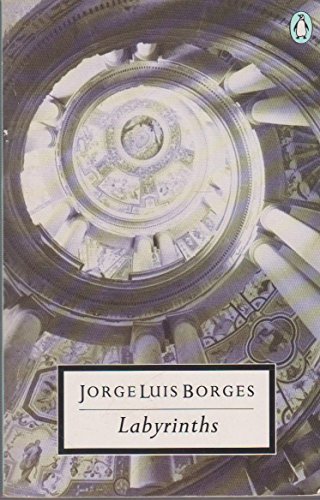
That, and Borges’s propensity not so much to write fiction as to invent fact, made the “Autobiographical Notes” very much a deliberate version of Borges, an edited past. By this time, however, the best known of Borges’s writing was probably the short essay “Borges and I,” in which Borges writes about his other, writing self, from which he felt separate but to which he was inevitably chained. In 1970, Borges published, in The New Yorker, in English, a long set of “Autobiographical Notes,” an often lyrical piece of remembering which went a long way toward supplying the background his readers had only been able to surmise from his stories, and revealing the sources of many preoccupations that cropped up in his writing-his soldier ancestors, for example, whom Borges has invoked in many poems, with the fascination he always shows for men of action. As to Borges himself, he traveled abroad indefatigably, his blindness by this time well advanced, to countries he could no longer see, the incarnation of his own drastic ironies. In fact, Borges had become well known in French much earlier, in the late Forties, thanks to Roger Caillois, who, with the help of Borges’s friend, Néstor Ibarra, made the first translations of his work and gained for Borges an outre-mer reputation that thrust him into public attention in his own country, which, so uncertain of itself, has always paid slavish attention to foreign seals of approval. His English presence was so stirring that he came to be regarded almost as an English writer who, with characteristic perversity, lived in and wrote about Buenos Aires. His books continued to come out haphazardly in translation, and Borges himself appeared on the scene, a frail, blind, and somehow heroic figure, speaking his courteous English and lending himself to interviews on all sides with an acquiescent modesty that both charmed and teased interviewers and readers. He became distortingly fashionable and, as in Spanish, there sprang up around him a thicket of criticism far exceeding the small compass of his own writing. The recurring ironies and the tangible paradoxes in his work led him to be invoked, often along with Nabokov, in a variety of misleading ways.


Even so, his writings had no chronology and, as so often happens in Borges’s case, disparate critics would grab possibly a single story of his and run with it to unlikely latitudes.

His work first appeared piecemeal in the Fifties, a poem here, a story there, until, in 1961, he shared the International Publishers Prize with Samuel Beckett, a recognition that propelled two volumes of his work into English, translated by various hands-first, Ficciones, his most important volume of stories, and then Labyrinths, a selection of poems, essays, and stories. Borges has come from Spanish into English in a rather haphazard fashion.


 0 kommentar(er)
0 kommentar(er)
